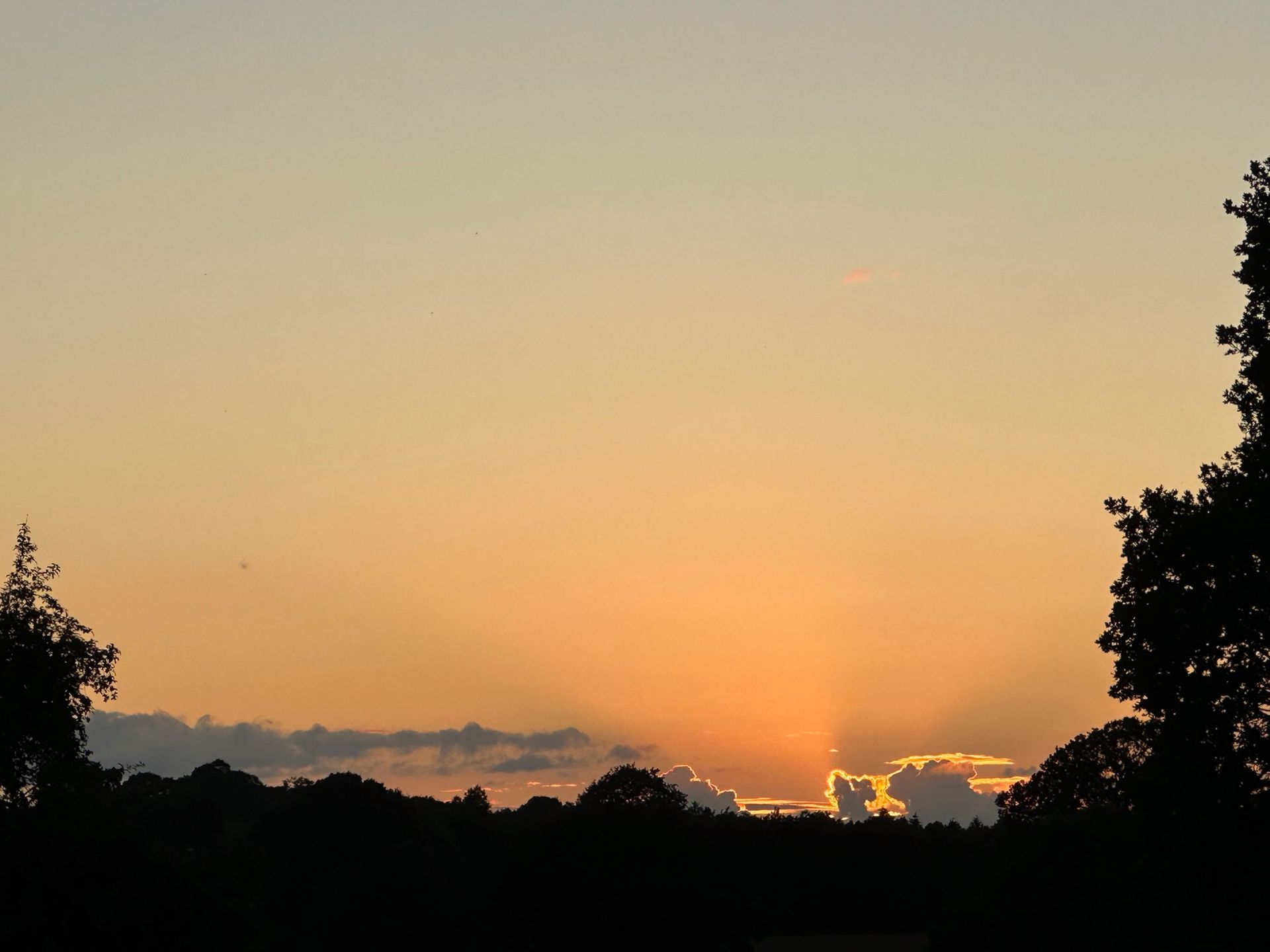Message of Abbot Paul - Monday 26th June 2023
Abbot Paul • June 25, 2023
It’s five days since the longest day and now the days have begun their journey back to winter and the shortest day. The hot weather is still with us, and in Herefordshire an uncomfortable humidity. I wonder how Toby manages with his thick coat. Still, we have fans on the go and keep our curtains and blinds closed when the sun tries to look in through our windows. As you know, I love taking photographs of flowers, roses and orchids in particular, and, of course, wild flowers. I think it was the Covid lockdowns that helped me appreciate the beauty that surrounds us, often in unexpected places and forms.
Today’s Gospel reading continues in the Sermon on the Mount, (Mt 7: 1-5).
“Jesus said to his disciples: ‘Do not judge, and you will not be judged; because the judgements you give are the judgements you will get, and the amount you measure out is the amount you will be given. Why do you observe the splinter in your brother’s eye and never notice the plank in your own? How dare you say to your brother, “Let me take the splinter out of your eye,” when all the time there is a plank in your own? Hypocrite! Take the plank out of your own eye first, and then you will see clearly enough to take the splinter out of your brother’s eye.’” Jesus does not want us to judge others, for who are we to judge them? Worse still, he does not want us to criticise them, for criticism is often destructive and serves no purpose. What is more, we are probably much worse than those in whom we find defects. Jesus uses the graphic language of the splinter and plank in the eye to bring his point home. May we listen to the teaching of Jesus and pay heed to what he teaches us.














